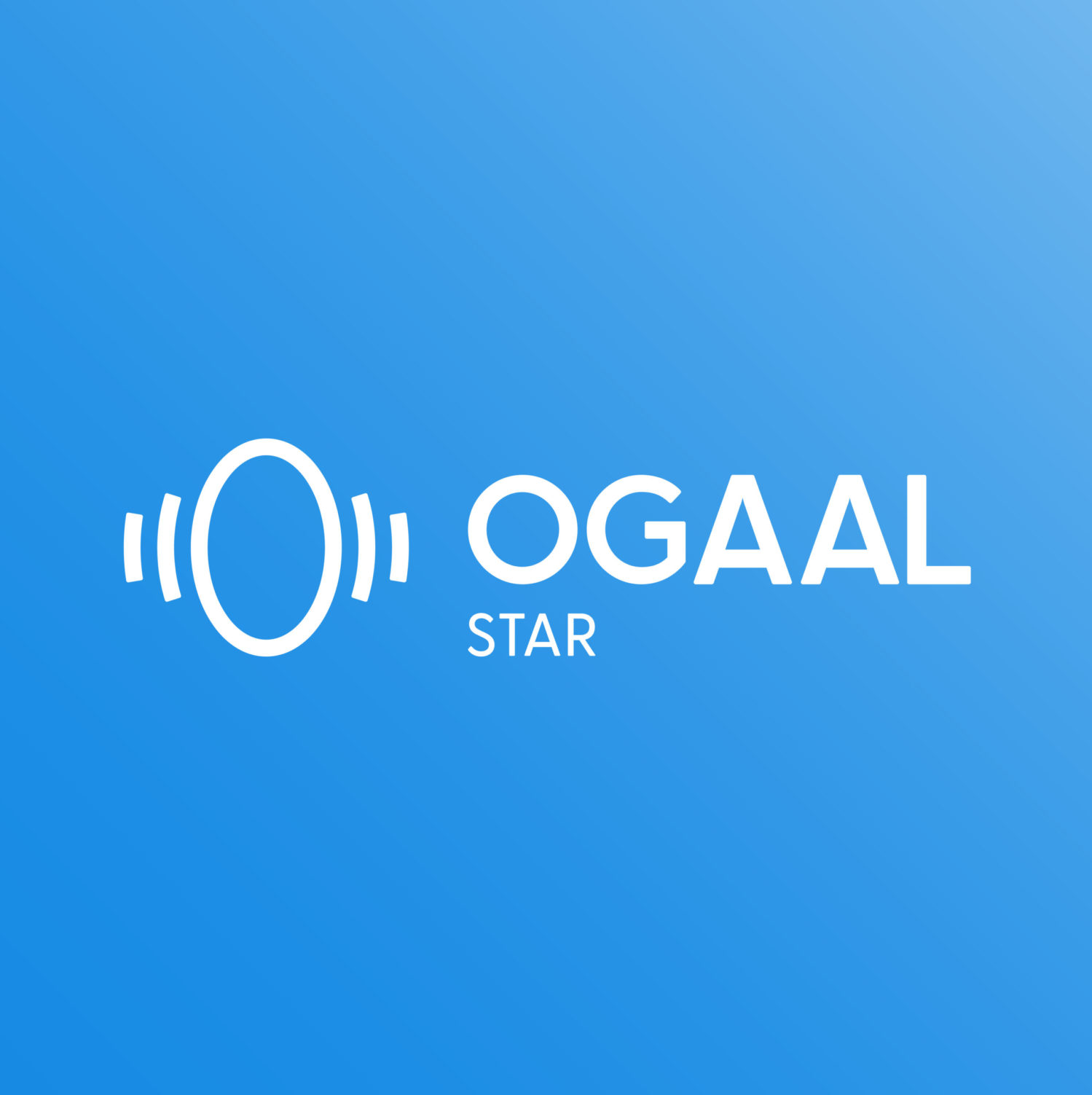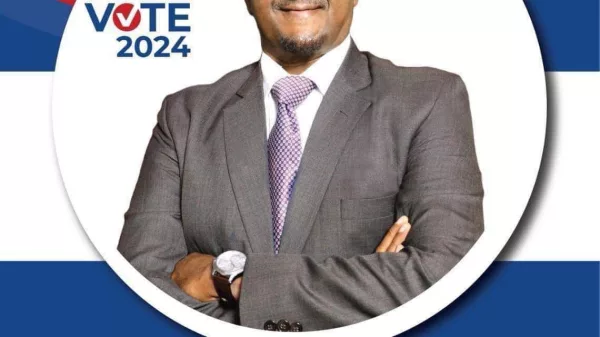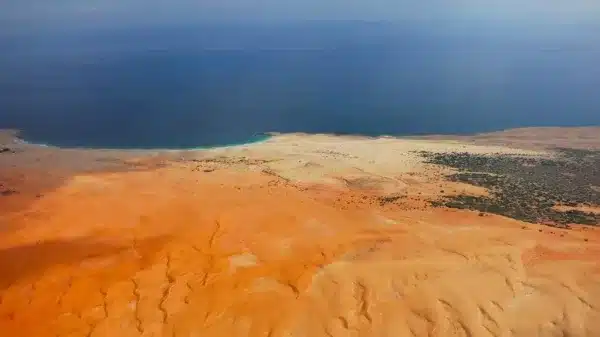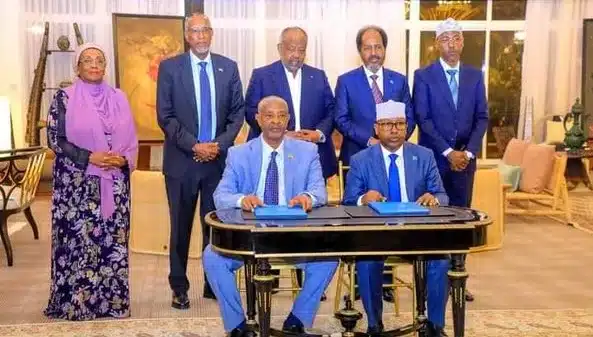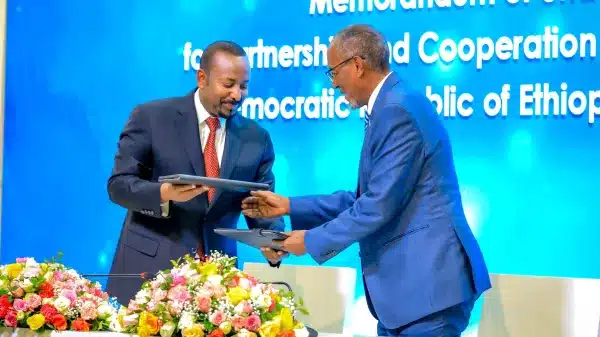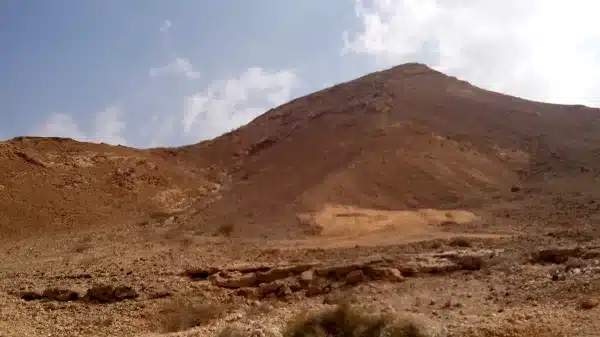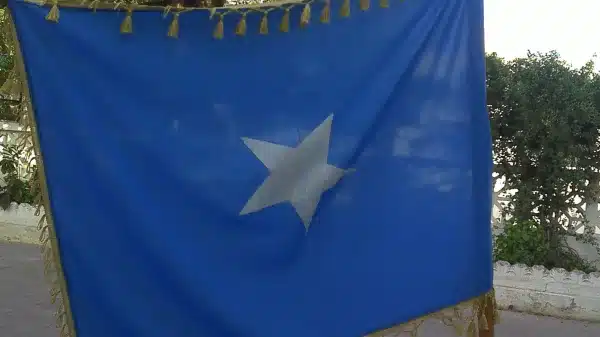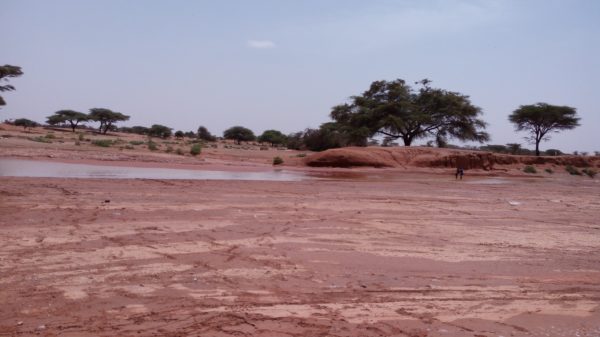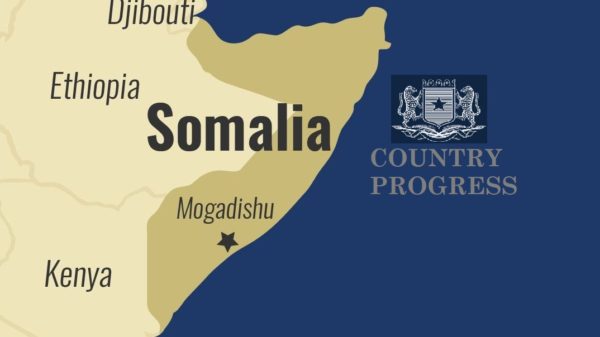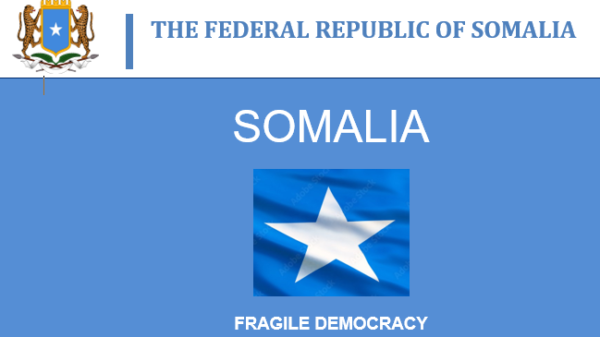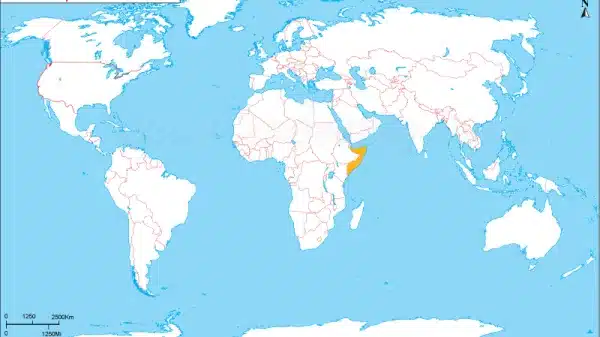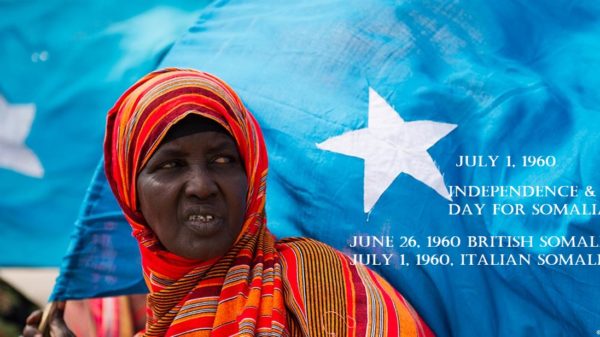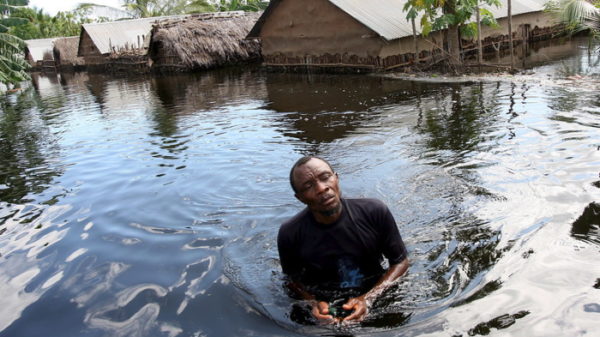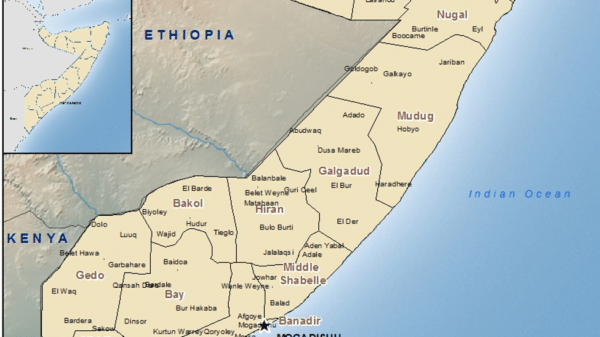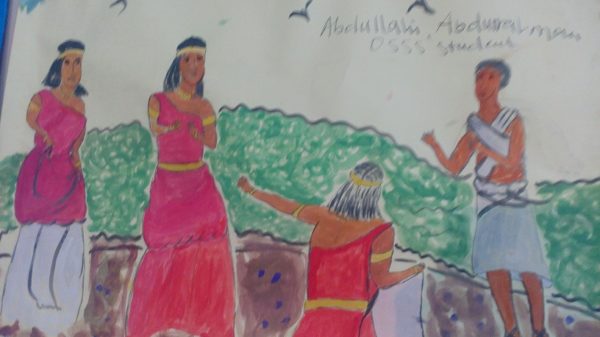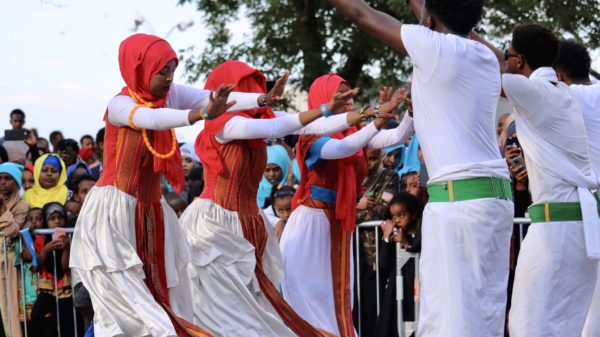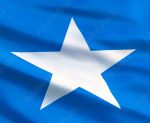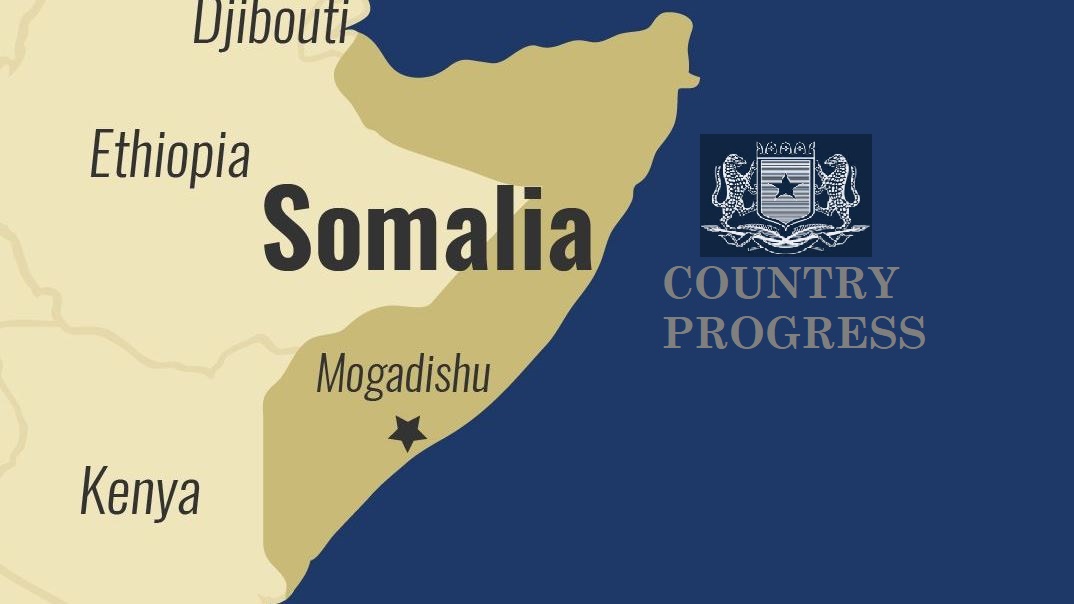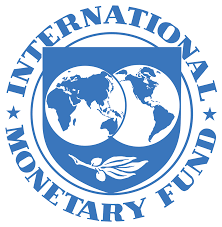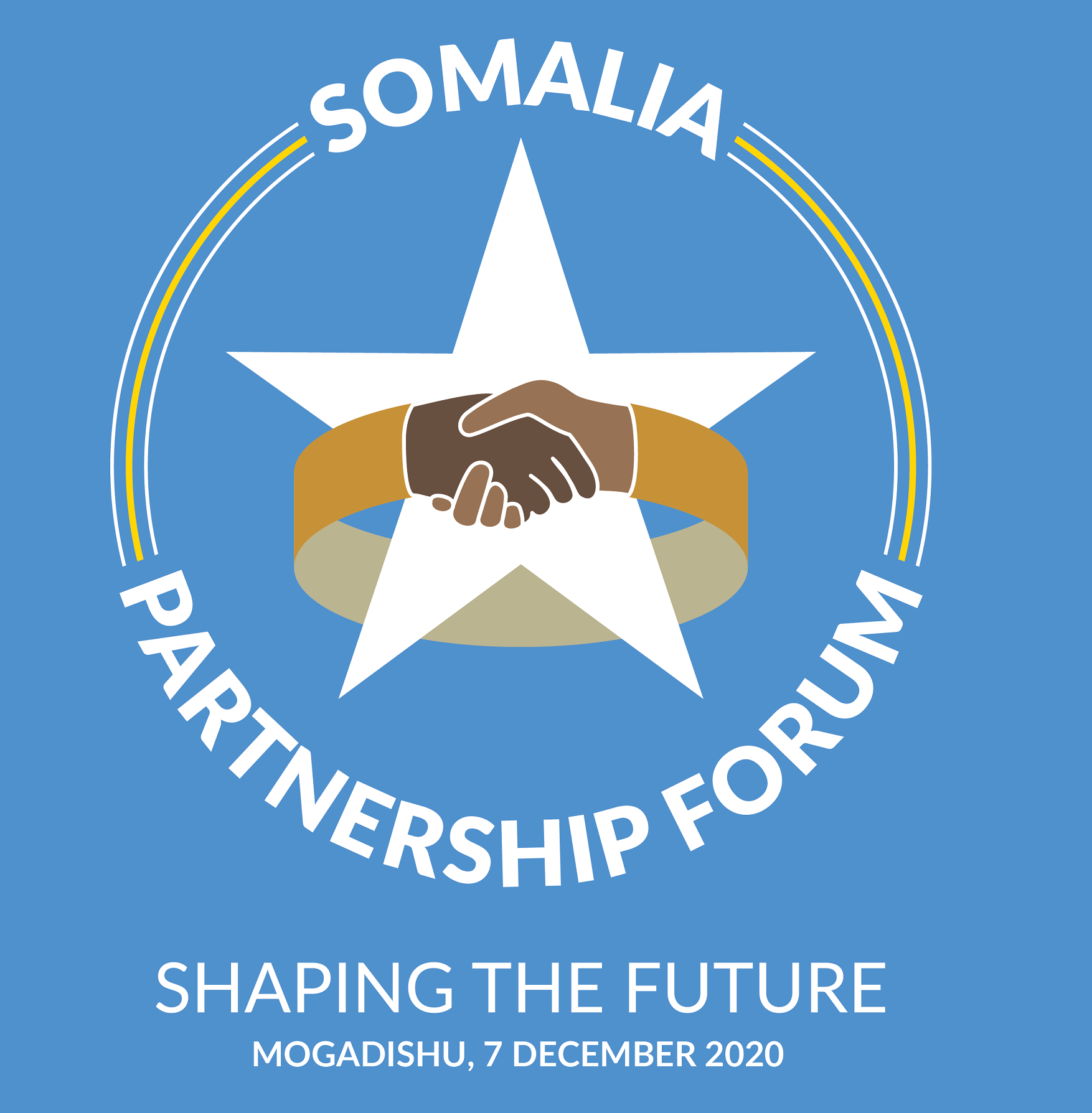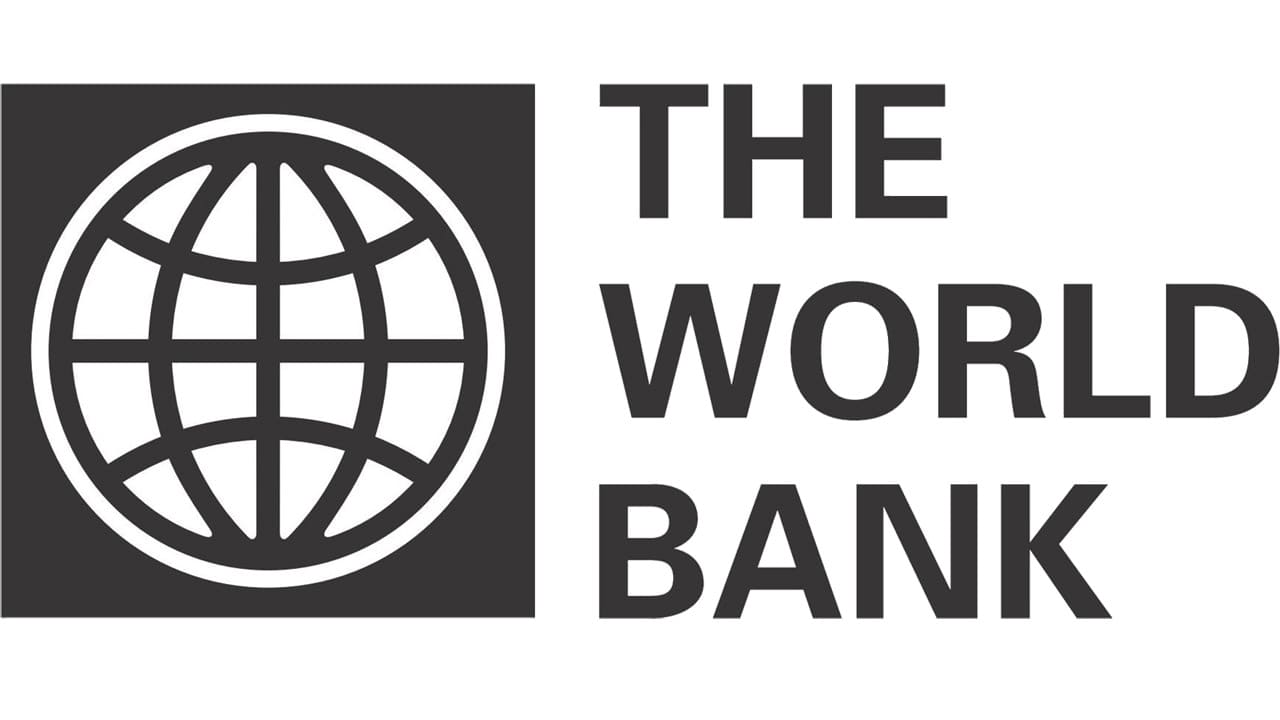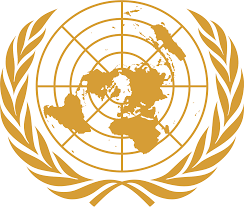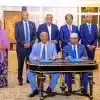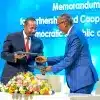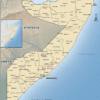Testimonials demonstrate sustained progress
Despite facing numerous challenges, Somalia has made steady progress over the past decade. Testimonials from international organizations such as the United Nations, World Bank, and International Monetary Fund (IMF) have praised the political system and overall situation in Somalia. The federal government has implemented successive and structured reform processes to achieve key milestones in various areas, including politics, economics, development, and security. This progress includes a commitment to holding inclusive elections in 2025 and strengthening the relationship between the central government and sub-national governments.
Additionally, Somalia has undertaken priority reforms in sectors such as the public sector, security and justice, financial sector, and human rights, leading to a drastic reduction in the threat from violent extremist groups. Despite the prevailing perception of Somalia as a failed state, governance and the rule of law are taking root, and the country is reclaiming its position on the world stage.
The international community has recognized and commended Somalia’s achievements in implementing various reforms. The IMF’s first review under the Staff-Monitored Program in 2019 highlighted Somalia’s economic recovery, with improvements in growth, inflation, trade deficit, and exchange rates. However, the report also emphasized the need for further efforts to secure economic resilience, reduce poverty, improve employment rates, and enhance the country’s resilience.
Similarly, the World Bank’s country report from March 2019 acknowledged the significant improvement in fiscal policy implementation in Somalia, with domestic revenue and donor grants seeing substantial growth.
However, challenges still remain in this regard, and the report stressed the importance of investing in human capital development through increased public and private investment in the education sector.
The United Nations Security Council has also praised Somalia’s political progress towards democracy, particularly the commitment made by the Federal Government of Somalia to adopt an Electoral Law by December 2019, ensuring the holding of federal one-person-one-vote elections. The Security Council has also recognized the progress made in reforming the Somali security forces and called for continued support from the international community in force generation and the implementation of the National Security Architecture.
International Testimonials
International Institutions testimonials highly praised the political system and situation in Somalia progress over the past decade.
The testimonials from international organizations and the Security Council highlight the sustained period of political and institutional progress in Somalia. These gains have resulted in increased transparency in financial management, formalization of the telecommunications and banking sectors, improved stability, and greater public confidence across the country. The implementation of reform agendas at the regional and district levels has strengthened government capacity to deliver public services and improve lives. National level dialogues on development and peace have been initiated through strategic and government-led public consultations.
Additionally, Somalia has significantly improved its relations and coordination mechanisms with donors and humanitarian agencies, leading to the enhanced synergy and accountability of programming and humanitarian interventions. The Mutual Accountability Framework between the government and donors has facilitated discussions on aid effectiveness that align with the priorities of target communities in both humanitarian and development assistance. Programs in areas such as stabilization, local economic development, displacement, youth employment, education, and justice have successfully supported vulnerable communities and advanced the role of women and youth in Somali society.
The progress made by Somalia demonstrates that the country is on the right path towards sustainable development goals. The improved government performance and delivery capability have made significant contributions to this commitment, ensuring solid and sound socio-economic expansion and deepening of the democratic system through inclusive, transparent, and credible elections. The private sector remains a strong source of resilience and innovation, providing opportunities for Somalia’s continued progress. The ongoing reform process allows Somalia to achieve its autonomy while cultivating new opportunities through regional and global political and economic relations. Ultimately, Somalia is undergoing a dynamic change that reinforces national unity and external relations, offering potential new opportunities for growth and development.
Feedback
Dear reader, please note that your feedback is very important to us, so please give us a comment and follow our social media pages below.
Thank you
Get social
Author
-
Strategic Communication Specialist and Consultant, graduated from The Ohio State University with Strategic Communication major and Journalism. Follows the social and political changes of the wider East Africa region, with keen interest of the Somali news and issues, with over 12 years media and communication experience in the region.
https://www.ogaalstar.com adangurey@gmail.com Adan Ahmed

